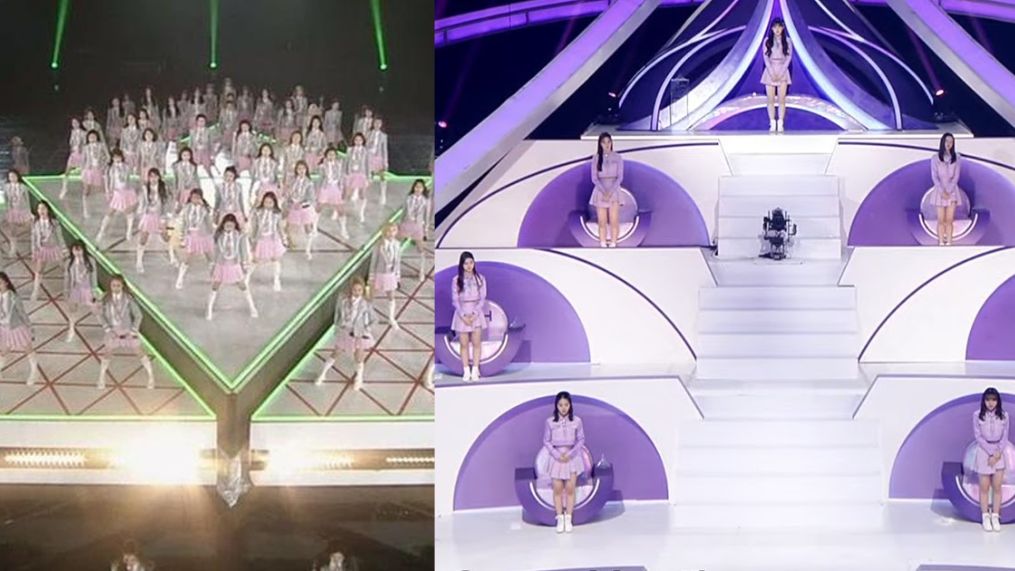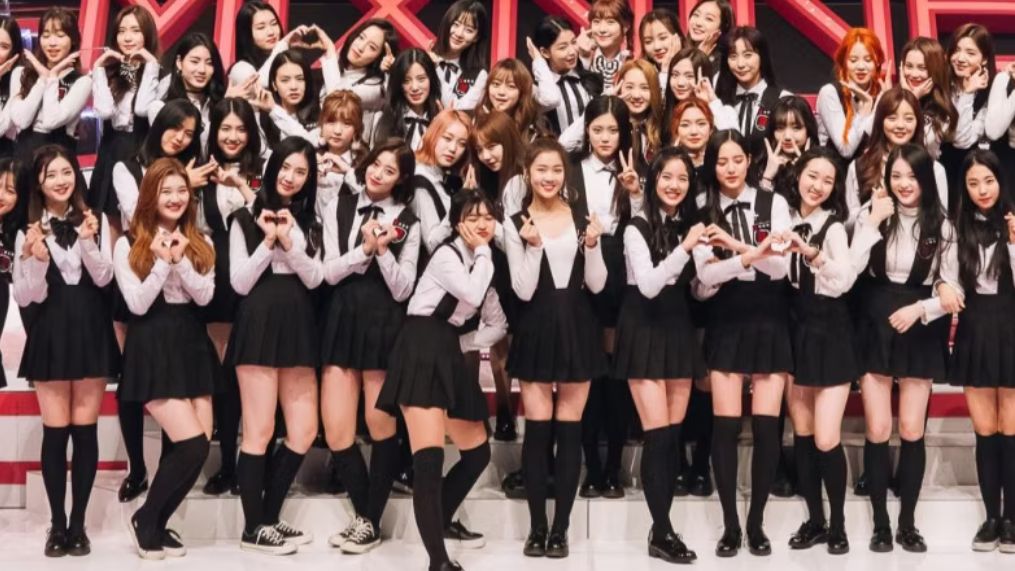K-pop audition programs backed by broadcasting giants face skepticism as they struggle to generate substantial viewership despite significant investments. These ventures, costing billions of won, aim to produce new K-pop groups, but their outcomes often fall short of expectations.
Recent additions, like SBS’ ‘Loud’ and ‘Universe Ticket‘, have birthed groups like TNX and UNIS, yet post-debut, these acts struggle to make a lasting impact. Similarly, MBC’s ‘After School Excitement’ series introduced CLASS:y and Fantasy Boys, but they have failed to gain significant traction.
The training process alone may not attract audiences, highlighting the importance of strong backing from parent companies, as evidenced by success stories like Mnet’s ‘Boys Planet’ and JTBC’s ‘R U Next.’
Amidst this landscape, new audition programs, such as JTBC’s ‘Girls on Fire’ and KBS’s ‘MAKE MATE 1’, are launched, aiming to discover and debut fresh talent.

SBS enters the fray with ‘Universe League’, the male counterpart to ‘Universe Ticket’, yet doubts persist regarding its ability to compete with agencies with proven K-pop group production experience.
Industry insiders express concerns over the rising costs of launching K-pop groups amidst global demand. While broadcasting companies benefit from reduced production costs, the influx of new acts risks saturating the market, posing challenges to long-term sustainability.
Despite these challenges, the allure of discovering and nurturing K-pop talent remains strong. However, the success of future audition programs may hinge on their ability to innovate, adapt, and deliver compelling content that resonates with audiences in an increasingly crowded landscape.


















